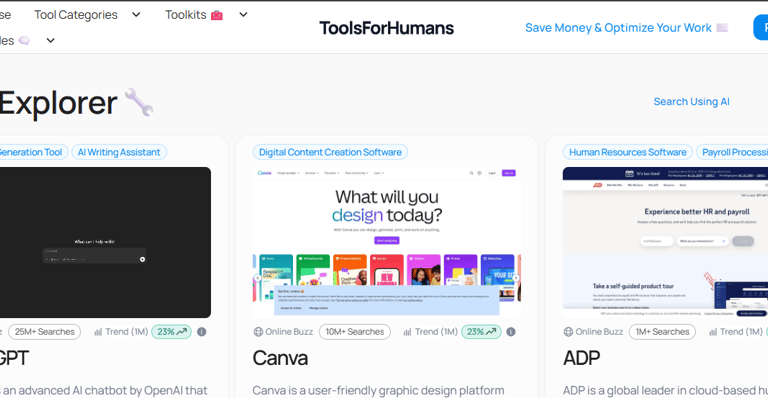Leveraging Artificial Intelligence for leadership
Sritam Mukherjee
11/17/20251 min read
Artificial intelligence is reshaping modern leadership. This article explores how AI enhances prediction, decision-making, workplace management, HR operations, and sustainable growth.
This article was first published on ipleaders and can be found here


